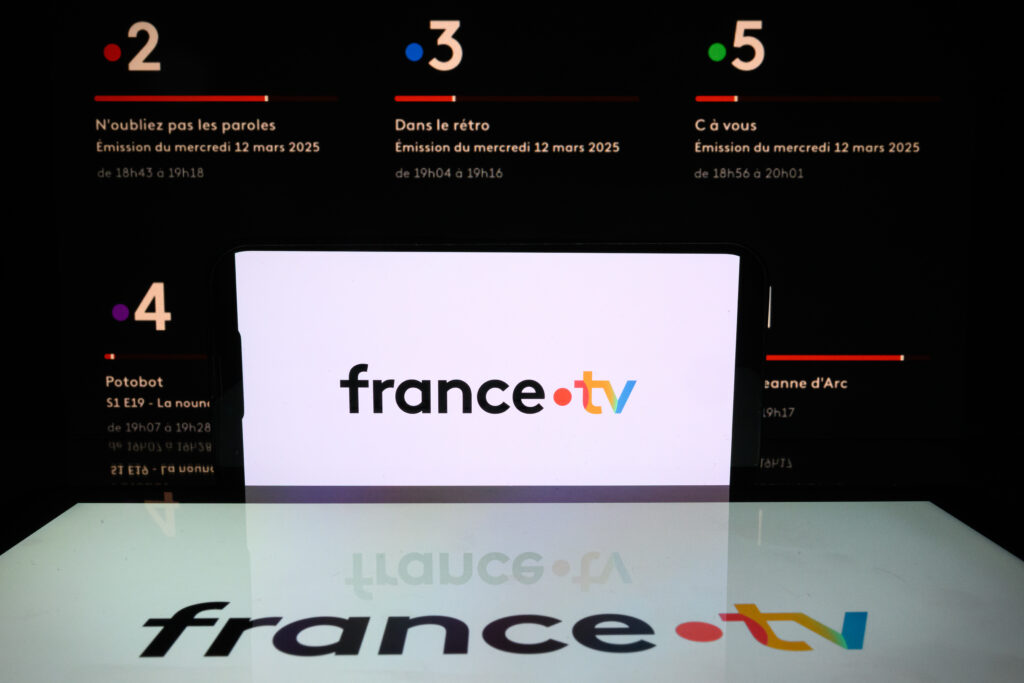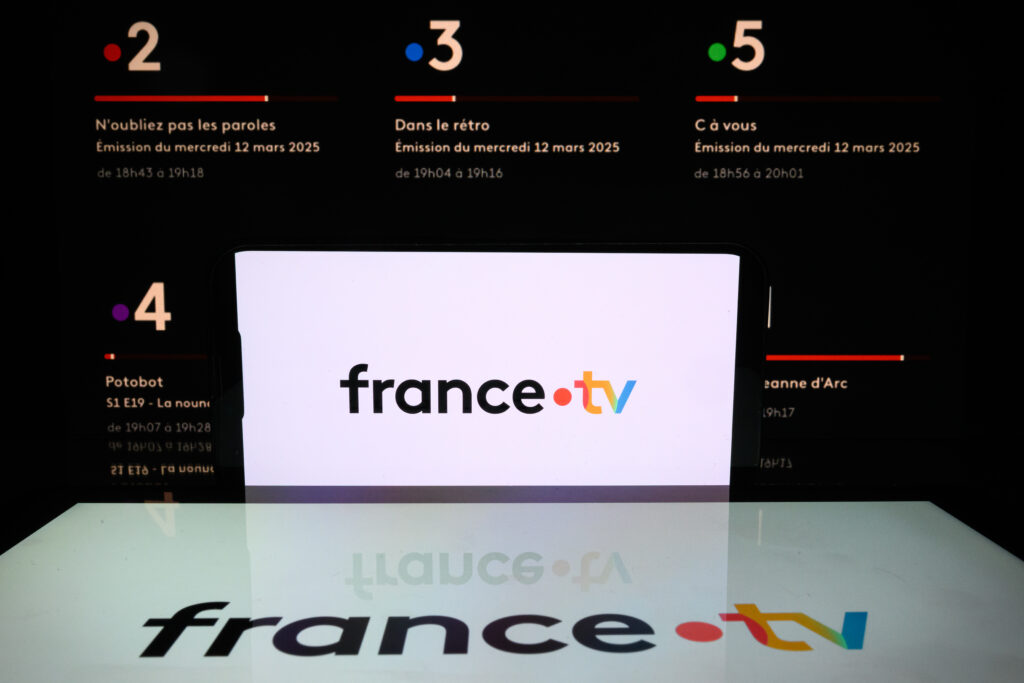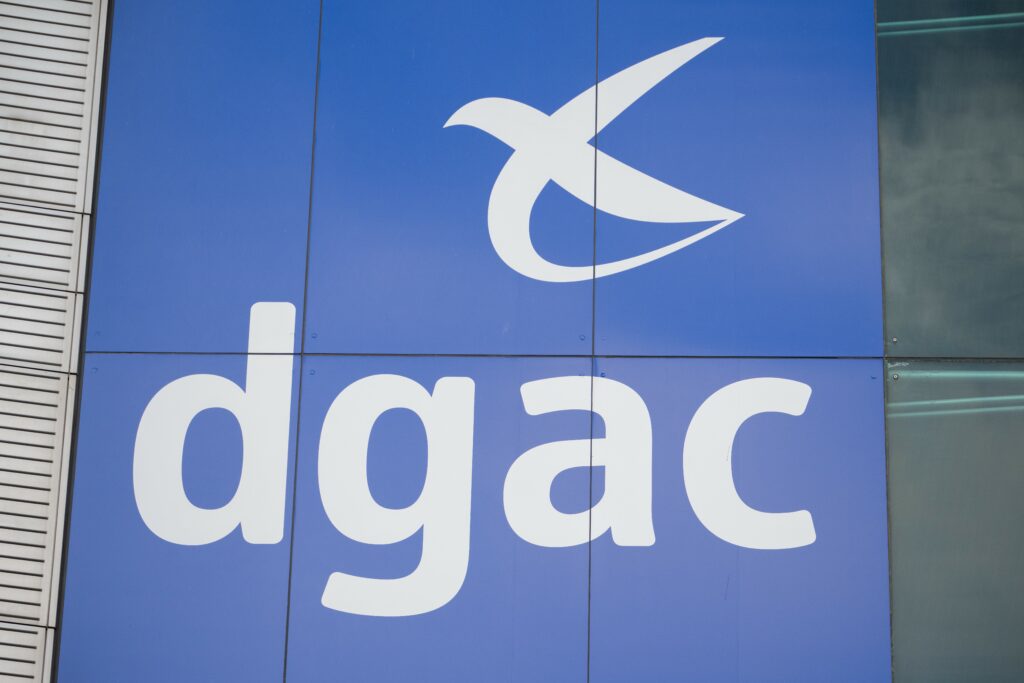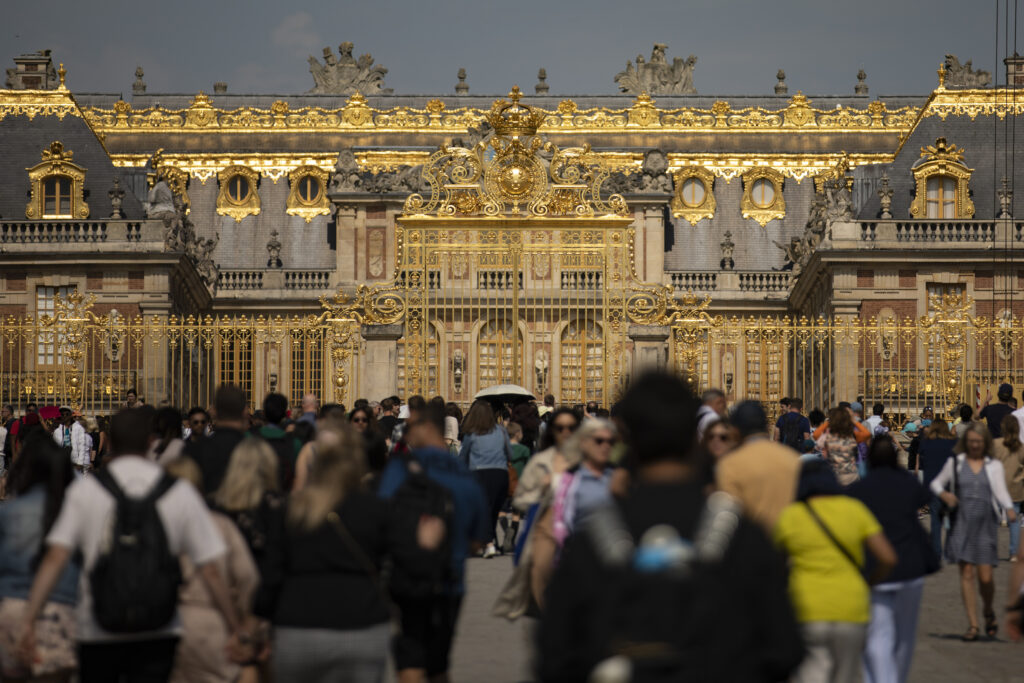Vaccination générale des bovins ou non? Le gouvernement, confronté à la colère d’éleveurs, a lancé mardi “des réflexions” sur la vaccination préventive du cheptel français contre la dermatose nodulaire contagieuse (DNC), une stratégie qui divise les acteurs de l’élevage.Cette maladie, apparue en juin en France et non transmissible à l’humain, est “sous contrôle en France (…), la stratégie de lutte a fait ses preuves”, assure-t-on au ministère.Mais cette stratégie, qui consiste à abattre tous les animaux des foyers concernés, déchaîne la colère d’éleveurs soutenus par les syndicats Coordination rurale (CR) et Confédération paysanne, qui la jugent “injuste et inefficace” et multiplient les actions pour s’y opposer.Réuni mardi par la ministre de l’Agriculture Annie Genevard, un “Parlement de l’élevage”, rassemblant syndicats, vétérinaires, instituts de recherche…, “a été l’occasion de [lancer] les réflexions et les échanges sur les perspectives de vaccination en 2026”, selon le ministère.Ces “perspectives (…) sont encore en cours de réflexion”, a-t-on ajouté.”On a posé les termes du débat”, a dit Mme Genevard à l’AFP, en marge d’un autre rendez-vous: “il y a des pour, il y a des contre… il y aura certainement bientôt un autre comité parce que beaucoup ont dit qu’il fallait qu’on ait des évaluations des conséquences”, notamment commerciales.La stratégie mise en place depuis l’apparition de la DNC implique l’abattage de toutes les bêtes des foyers affectés, des restrictions de mouvements des troupeaux et une “vaccination d’urgence” de tous les bovins dans la zone concernée.Depuis le 29 juin, 108 foyers ont été détectés dans sept départements et quelque 3.000 bovins euthanasiés. Trois des cinq zones réglementées ne le sont plus, depuis le 22 octobre, le 5 novembre et le 30 novembre.Mais l’apparition récente de foyers dans des zones réglementées — où le transport de bovins est quasi-proscrit — “demeure préoccupante et résulte probablement de mouvements d’animaux, dont certains illicites”, assure le ministère, qui indique que les contrôles seront “renforcés”.- Questions pour l’export -Les opposants à ces mesures dénoncent des abattages systématiques inutiles, notamment des animaux vaccinés. La CR comme la Confédération paysanne réclament un plan vaccinal large.”La stratégie est de tuer des vaches. Nous, ce que l’on veut c’est de l’anticipation, ne pas avoir une épée de Damoclès en permanence” au-dessus de la tête. “La vaccination, on sait que ça fonctionne”, dans un périmètre à définir et accompagnée de restrictions de mouvements d’animaux, a dit à l’AFP, Stéphane Gallais, porte-parole de la Confédération, après la réunion.Mais “ce que j’ai senti, c’est qu’il n’y a pas une vraie volonté globale d’aller vers ça”, a-t-il estimé, précisant que son syndicat continuait ses actions partout en France.A l’inverse, d’autres redoutent qu’une vaccination générale remette en cause le “statut indemne” de la France, lui permettant d’exporter.En 2024, l’Hexagone, premier exportateur mondial d’animaux vivants, a envoyé à l’étranger près de 1,3 million de jeunes bovins, pour plus d’un milliard d’euros, selon les Douanes. Ils partent principalement en Italie, et en Espagne, pour être engraissés.Un accord avec Rome permet, depuis lundi, aux bovins vaccinés en zones touchées d’être expédiés vers l’Italie.Mais ce type d’accord s’accompagne de restrictions, souligne Patrick Benezit, président de la Fédération nationale bovine (association spécialisée de la FNSEA), notamment l’obligation vaccinale autour de l’élevage, ce qui peut bloquer les échanges sur plusieurs mois. “Et il faudra négocier pays par pays”, ajoute-t-il.”On a demandé à connaître toutes les conséquences (…) pour qu’on puisse se positionner”, souligne Laurent Saint-Affre, de la FNSEA, présent mardi.La “forte réticence” de la FNSEA concernant la vaccination “tient au risque d’effondrement des exportations et des prix”, a expliqué à l’AFP son président, Arnaud Rousseau.”On sera peut-être obligés de le faire si la maladie est incontrôlable. Mais vacciner 15 millions d’animaux, c’est entre 30 et 40 semaines” avant d’avoir une couverture nationale et espérer “retrouver le statut indemne”, a-t-il souligné.Côté CR, Natacha Guillemet s’est dite “très fâchée”, déplorant “une décision pas courageuse” consistant à “ménager la chèvre et le chou”. Le risque pour l’export? “En France, on manque de bovins, revitalisons l’engraissement”, suggère-t-elle.Un nouveau “parlement de l’élevage”, “décisionnel” selon le ministère, aura lieu fin janvier.









